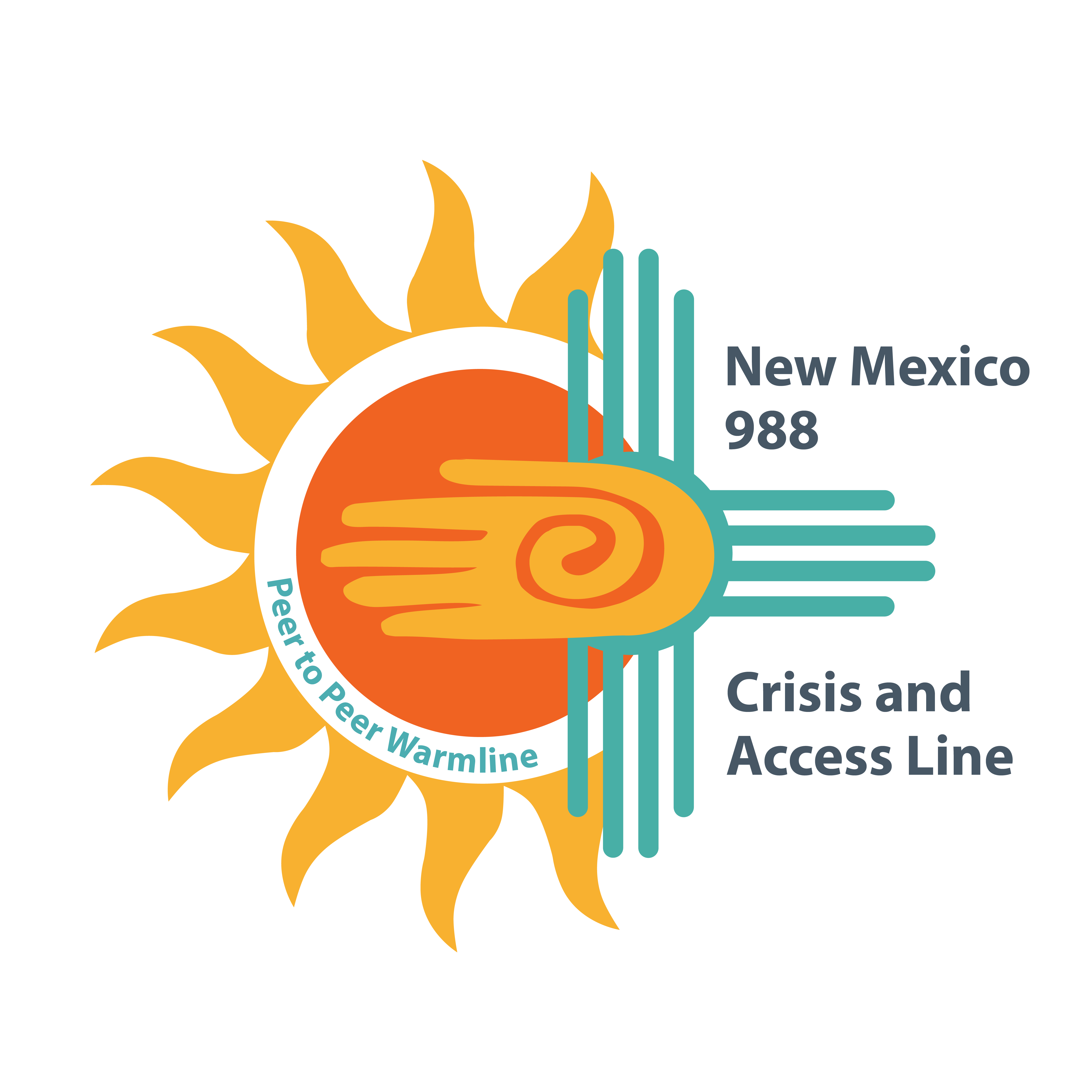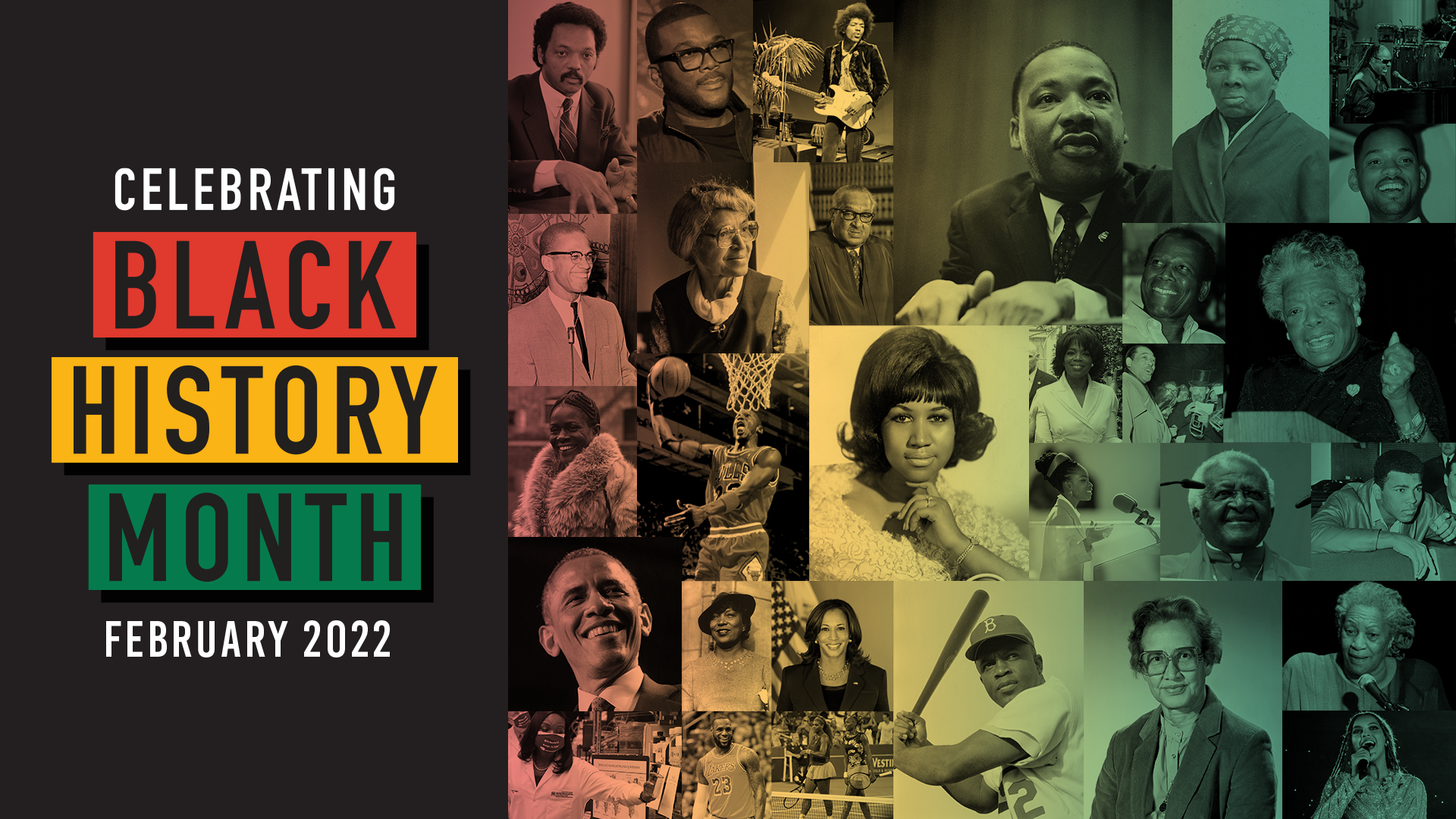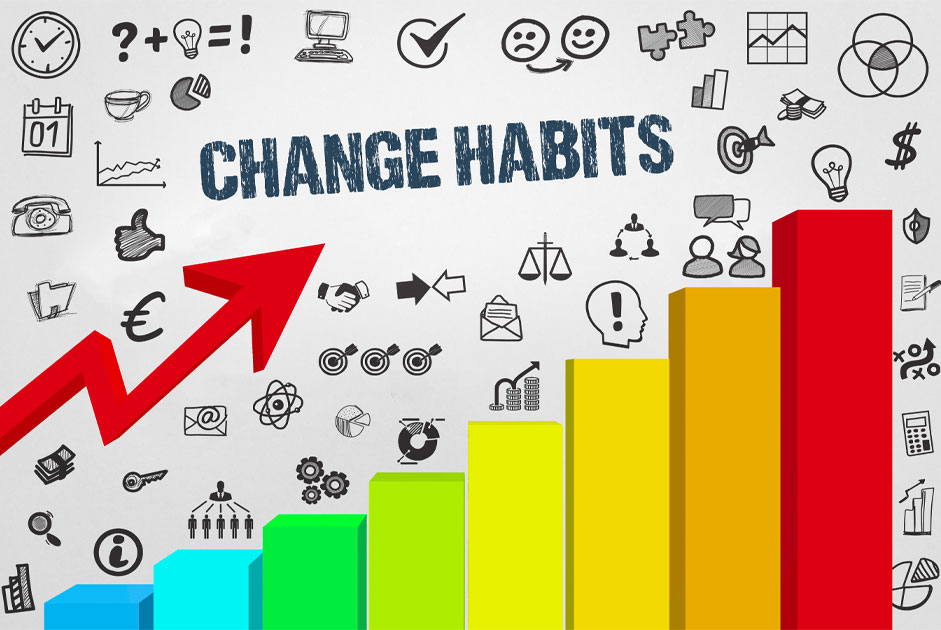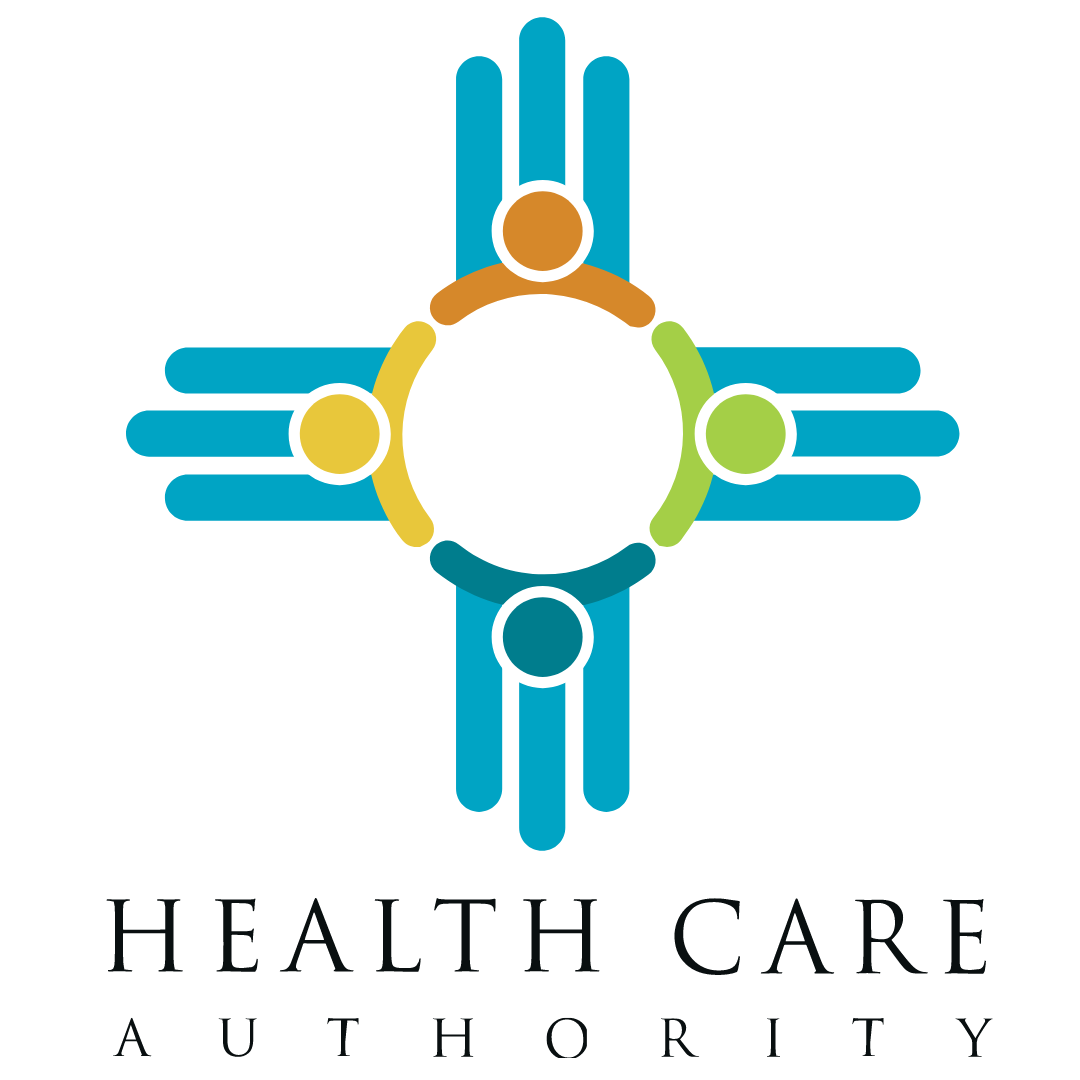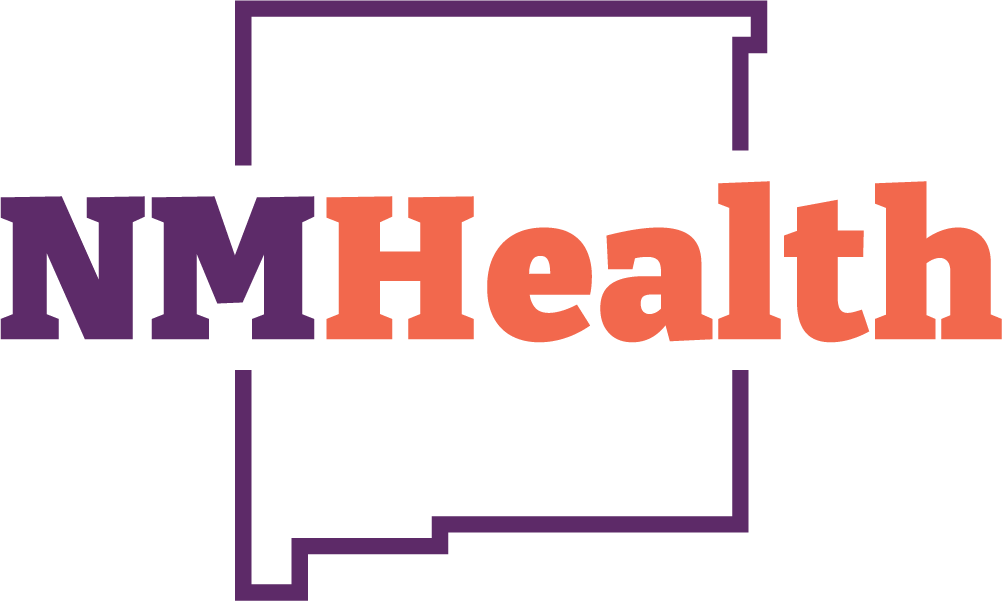As we strive to improve conversations about race, racism, racial equity, and the importance of advancing cultural humility in this country, the environment in which we’re speaking seems to be constantly shifting. Perhaps this is an indication that these conversations are more important now than ever. But talking about race is complex and multi-layered. Nothing bridges the divide of race and culture like informed dialogue that’s grounded in shared understanding.
With Black History Month coming to a close, we would like to remind people of the resources that have been designed to support the mental wellbeing of Black and African American (B/AA) people in America.
National Resources and Information
- Black Mental Health Matters: A Resource Guide
- 16 Queer Black Pioneers Who Made History– NBC
- APA’s Apology to Black, Indigenous and People of Color for Its Support of Structural Racism in Psychiatry– APA
- Association of Black Psychologists– ABPsi
- Black Emotional and Mental Health Collective– BEAM
- Black and African American Communities and Mental Health– MHA
- Black and LGBTQ: Approaching Intersectional Conversations– The Trevor Project
- Black Mental Health Alliance– BMHA
- Black Pioneers In Mental Health– MHA
- Finding a Culturally Competent Provider– NAMI
- National Association of Black Counselors– NABC
- National Association of Black Social Workers– NABSW
- Sharing Hope: An African American Guide to Mental Health– NAMI
Resources from the Mental Health Technology Transfer Center Network
- Co-Occurring Mental Illness and Substance Use Disorder Treatment in the Black Community
- Cultural and Linguistic Appropriate Services (CLAS) Standards in Behavioral Health Settings: African American
- Engaging African Americans in Substance Use Disorder Treatment
- Even One is Too Many- Preventing Suicide among Black American Boys and Girls
- Liberty, Humiliation, and Identity: Race and the Suffering of America
- Post-traumatic Stress in the African American Community
- Practice Brief: Cultural Considerations in Applying Cognitive Behavioral Therapy to Racial and Ethnic Minority Groups with Serious Mental Illness
- Racial Equity and Cultural Diversity Webpage
- Racial Equity Resource Packet
- Saving Young Black Lives: Reversing Suicide Trends Podcast
- Schizophrenia Diagnosis and Treatment in the Black Community
- Social Justice and COVID-19
- Supporting the Resilience of Young LGBTQA+ Black, Indigenous, and People of Color: A Let’s Talk About Resilience Conversation
- Treating Grief and Loss in Black Children and Youth
- Use and Misuse of Psychological Testing in the Evaluation of Black Patients
When we take the time to educate ourselves, get tips on how to structure conversations and programs, create spaces for sharing various perspectives, and find ways to accept the discomfort that can come along with these conversations, then we can have thoughtful discussions about racial equity and create pathways to advance and extend cultural humility.
